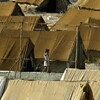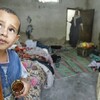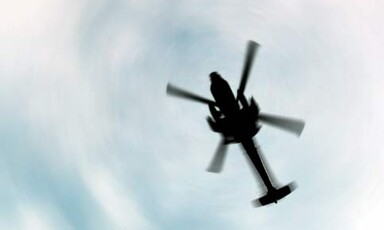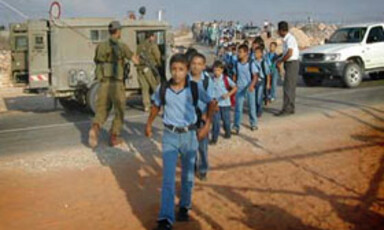"They have decided upon cold-blooded murder"
12 September 2003
“The government of Israel has tonight resolved to commit a cold-blooded murder, with the implementation deferred — the cold blooded murder of the elected president of the Palestinians. Let there be no mistake about it. Let no one be fooled by the talk of ‘deportation’. There is no intention that Arafat will survive the encounter with Sharon’s soldiers. I know Sharon, I have followed his career for decades, ever since he was a young commando officer carrying out brutal cross-border raids. He has not changed in any essential, only in the amount of power held in his hands. He means to do it, he means to kill Arafat. He will watch for his chance, wait for a moment when the Amercians look elsewhere - and then he will pounce.” Read more about "They have decided upon cold-blooded murder"





